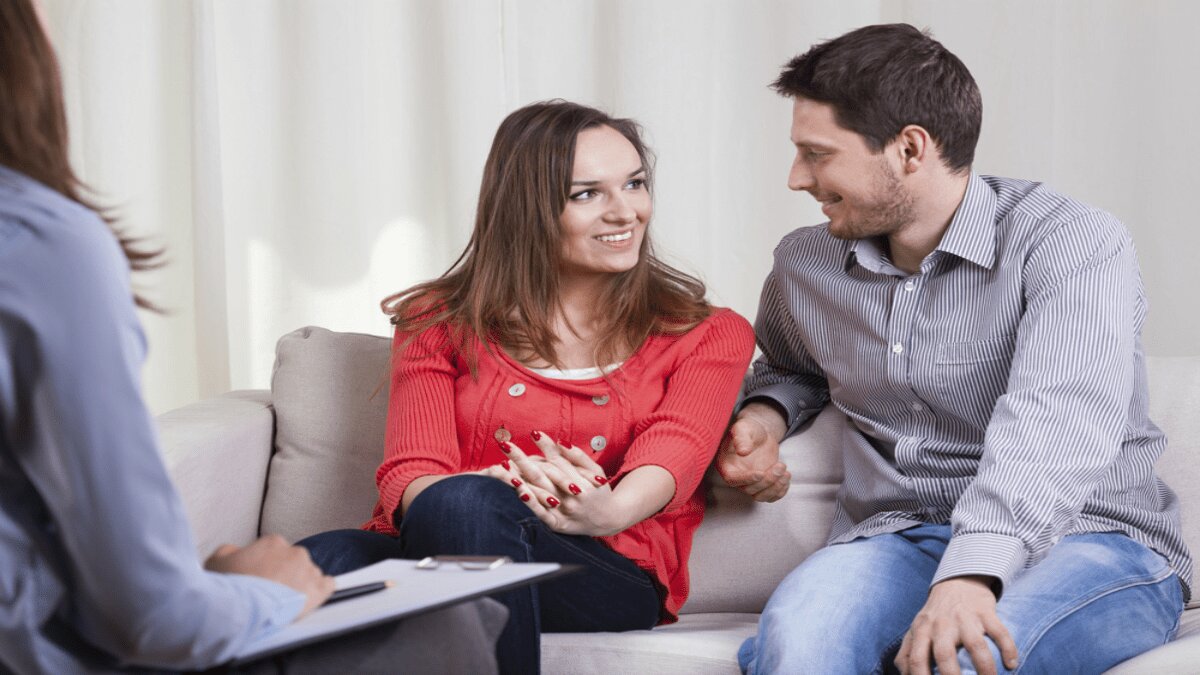Relationships are complex and dynamic entities, often subject to the ebb and flow of life’s myriad challenges. Whether grappling with communication issues, navigating conflicts, or weathering the storms of external stressors, couples may find themselves at a crossroads, unsure of how to move forward. Enter couples counseling—a safe haven where partners can embark on a journey of self-discovery, growth, and healing, guided by the steady hand of a trained therapist. But what exactly happens behind the closed doors of a couples counseling session? Let’s take a peek into this sacred space and unravel the mysteries within.
First and foremost, it’s essential to recognize that every couples counseling session is as unique as the individuals involved. There is no one-size-fits-all approach to therapy, and each session is tailored to address the specific needs and concerns of the couple at hand. However, there are certain common elements that tend to characterize the therapeutic process.
One of the primary goals of couples counseling is to create a safe and supportive environment where partners can openly and honestly express their thoughts, feelings, and concerns. This often involves establishing ground rules for communication, such as actively listening to one another, refraining from interrupting, and expressing thoughts and emotions in a respectful manner.
Once the groundwork has been laid, the therapist will typically guide the couple through a series of exercises and discussions designed to foster greater understanding and empathy between partners. This may involve exploring the origins of conflicts, identifying patterns of behavior, and uncovering underlying emotions that may be contributing to relationship distress.
Communication skills are often a focal point of couples counseling sessions, as healthy communication is the cornerstone of a thriving relationship. Therapists may teach couples techniques for active listening, assertive communication, and conflict resolution, empowering them with the tools they need to navigate disagreements and misunderstandings constructively.
In addition to addressing immediate concerns and conflicts, couples counseling also provides an opportunity for partners to explore deeper issues and underlying dynamics that may be impacting their relationship. This may involve delving into past traumas, childhood experiences, or individual insecurities that have been brought into the relationship.
Ultimately, the goal of couples counseling is not just to resolve conflicts but to strengthen the foundation of the relationship and foster greater intimacy, trust, and connection between partners. This may require vulnerability, introspection, and a willingness to confront uncomfortable truths, but the rewards can be profound—a renewed sense of closeness, a deeper understanding of oneself and one’s partner, and a roadmap for navigating future challenges together.
It’s important to remember that couples counseling is not a quick fix or a magic bullet that will instantly solve all relationship problems. Healing takes time, effort, and commitment from both partners, and progress may be gradual and incremental. However, with patience, perseverance, and the guidance of a skilled therapist, couples can find their way back to a place of harmony, resilience, and enduring love.


